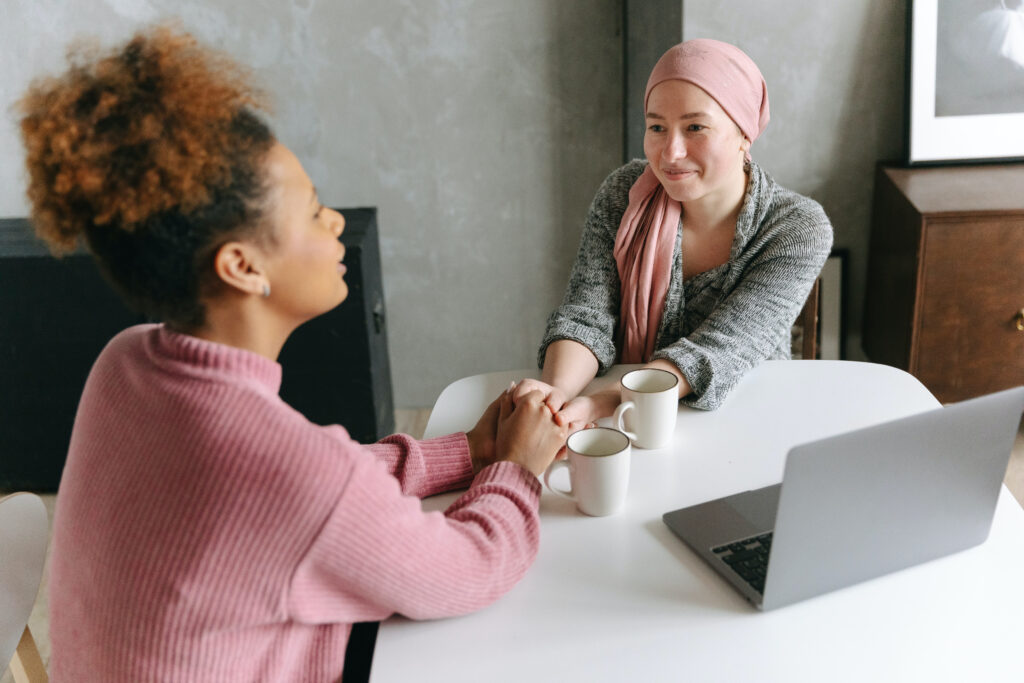The £10,000 Blow That Three In Ten Cancer Patients Have To Endure

During our lifetime, 1 in 2 of us will develop cancer and require treatment, and a recent report by Young Lives vs Cancer that was sponsored by Guardian found that 3 in 10 people, after being diagnosed with cancer, and making the relevant and necessary changes in their professional lives in order to focus on getting better, lost earnings of up to £10,000.
The startling figure was revealed following a survey of 259 people that included patients between the ages of 18 and 26 and parents and adults responsible for the care of young people and children who had, after being diagnosed with cancer, received medical care in the last twenty four months.
The average loss of household income for 70% of those who took part in the survey was close to £6,000, which was due to either one person having to become a caregiver and give up work, or loss of earnings through sick or compassionate leave, a reduction in hours or switching to s flexible, part time working arrangement.
The Unforeseen Costs Of Cancer
One of the most heart wrenching revelations of the survey, was that despite the loss of earnings, most young patents and their families faced having to find an additional £700 per month, an unexpected expense that included extra bills and gifts and treats to lift the spirits of the young people undergoing treatment for the disease.
But the biggest cost, and the one that accounted for more than a third of the additional crippling £700 monthly burden that most faced, was the price paid for treatment, which the report referred to as the “cancer premium”. In order to receive the life saving medical treatment needed, the families of the children, teenagers and young adults found themselves facing a £250 travel bill, that didn’t and doesn’t, include parking and, if necessary, accommodation.
The Benefit of Social Security
Despite more than half of the patients and families being able to claim Universal Credit, Personal Independence Payments or Carers Allowance, it wasn’t enough to keep up with the rapidly rising costs of the economic crisis that the word has been plunged into since the advent of the COVID 19 pandemic. In the six years since a similar study was last conducted in 2017, the families of cancer patients face a 15% increase in the unexpected cost of the “cancer premium” which has resulted in them falling further into arrears with electricity, gas and rent bills, and in some cases barely being able to afford to put food on the table.
In the advent of this disastrous financial discovery, Young Lives vs Cancer has made a number of recommendations that included the creation of a transport fund for those who needed treatment, additional support being made available via the social security system and a more understanding and open work based culture that can provide a much needed support structure for the parents and families facing an ordeal that no-one should ever have to endure.
Rachel Kirby-Rider, Chief Executive at Young Lives vs Cancer, said: “The impact of a young person having cancer is devastating on so many levels, and this research shows just how difficult it can be for families financially. The financial support that young people and their families are entitled to rarely covers the additional financial burden, and that’s before you consider any lost income as a result of young people and parents needing to reduce hours or take time off. This is why Young Lives vs Cancer exists: to raise awareness of the issues faced by young cancer patients and their families, and to support them to face everything that cancer throws at them.”
David Brewer, the CEO and Co-Founder of Protect Line ( https://www.protectline.co.uk/) said “It’s a tragedy that families facing this sort of unimaginable worry and uncertainty are forced to have to also deal with the financial fear that follows in the shadow of this awful disease. This report emphasises how important Critical Illness Cover really is, and how it can be a security blanket should the worst happen, and that’s why we’re here. To put families first and ensure that they get the help that they need should they ever have to endure this sort of horror”




